FREE Uber Tax Info Pack
FREE 5-Day Email Course to learn the ATO’s Uber tax rules
FREE Uber Expense Spreadsheet so you never miss a deduction
FREE Uber Logbook Spreadsheet to claim your car expenses
FREE ABN & GST Registration (if you need it!)
FREE Uber Tax Info Pack
> FREE 5-Day ‘Uber Tax Essentials’ eCourse
> FREE Uber Bookkeeping Spreadsheet
> FREE Uber Logbook Spreadsheet
> FREE ABN & GST Registration
Claiming Super Contributions for Rideshare and Delivery Drivers
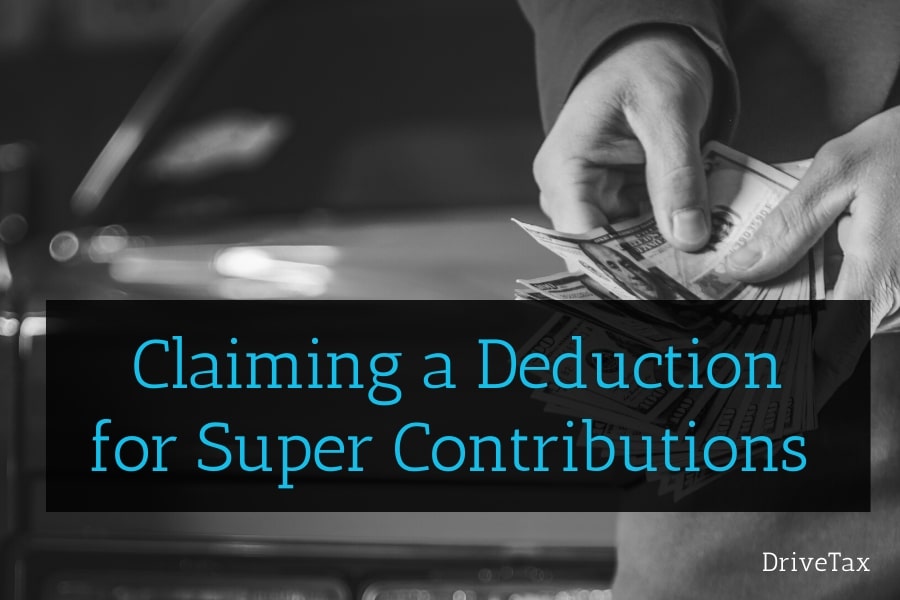
Updated 7th of June 2024
If you do rideshare or delivery driving, and you have made personal contributions into your super fund this year, you may be eligible to claim a tax deduction. However the rules for claiming this tax deduction are complex, and there are a number of hurdles you have to cross before making your claim.
In this post I’m going to explain how to claim a tax deduction for super contributions as an Uber, rideshare or delivery driver.
Are You Eligible To Claim A Deduction?
The first requirement is that your super fund must have received your contribution by 30 June of the year in which you wish to claim the deduction. This is a strict rule, if your payment had not yet cleared at 30 June then it is not eligible.
In recent years the ATO has loosened the age and work-based eligibility criteria for claiming tax deductions for super contributions, and most taxpayers can now claim. There are some age-based rules. Your age is measured at 30 June of the financial year in which you made your contribution:
- Age 18-66 – eligible to claim
- Age 67-74 – eligibility subject to work test
- Age 75+ – not eligible to claim a deduction
The work test, if it applies to your age group, requires that you were ‘gainfully employed’ (which includes being self-employed, and therefore includes rideshare and delivery work) for at least 40 hours in any period of 30 consecutive days during the income year that the contribution was made in. If you don’t pass the work test, you may still be able to claim a deduction if you meet all of the following conditions:
- you passed the work test in the previous year (in other words, you get one extra year after the year you stopped working)
- you had a super balance of less than $300,000 at 30 June of the previous financial year
- you have not claimed this exemption in a previous year (in other words, it’s a one-time concession)
Aside from the rules above, there are also certain contribution caps that apply, so if you are a high-income earner or plan to make a very large contribution you should review the ATO’s rules carefully because there are some additional rules and requirements that I haven’t covered here. Also, you will not be eligible if your super fund is a defined benefit fund, plus some certain other kinds of super funds. The full eligibility criteria can be found on the ATO website here.
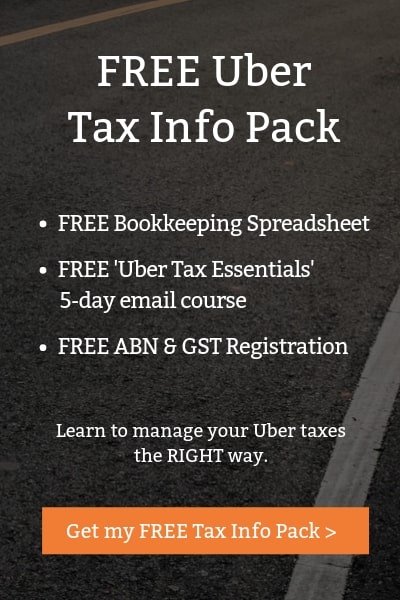
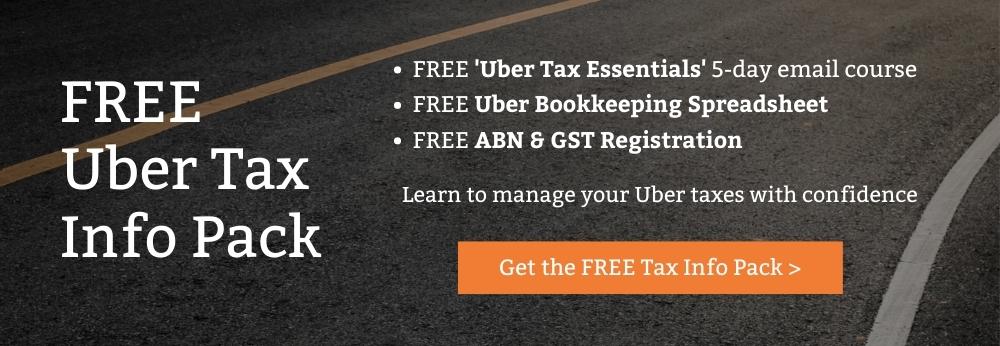
How Much Should You Claim?
The first thing to check is whether you are eligible for the Government Super Co-Contribution. This is a scheme whereby for your first $1,000 of personal contributions, the government will match up to 50% of contributions you make up to a maximum of $500. Any super contributions that you claim a deduction for will not be eligible for the co-contribution, and the co-contribution is a larger benefit than the tax deduction. So most people will choose to prioritise the co-contribution first, and only claim a tax deduction for the remaining amount.
To be eligible for the co-contribution you must be under age 71 at 30 June, have an income below the income threshold ($58,445 for 2024, $60,400 for 2025), not be on a temporary visa, and meet a few other criteria. If you are eligible for the co-contribution you should consider not claiming a deduction for the first $1,000 of your super contributions so that you can still receive the maximum co-contribution. There’s nothing specific you need to do to get the co-contribution, the government will pay it into your super fund automatically if you’re eligible. You can find the full eligibility criteria and other details on the ATO’s website here.
Aside from the co-contribution, you should also take into account your cashflow needs, both now and in the mid-term, because the funds you contribute to super will be locked away until retirement. Consider whether you already have savings put aside for emergencies, and also whether you have debts that you’re paying interest on at a higher rate than what your super investments are earning.
Please note that DriveTax is not a licensed financial adviser so we cannot give you advice on whether or not you should make a super contribution, or whether you should claim a deduction for a contribution you have already made. If you need help, your super fund should have advisers who can help you.
How Much Tax Will You Get Back?
For the contributions that you choose to claim as a deduction, you’ll get back the amount of your deduction multiplied by your marginal tax rate. However, this is partially cancelled out because the ATO will then apply a 15% tax on the contribution within your super fund. In other words, you get the full benefit of the tax deduction in your pocket up front, but your overall net wealth does not go up by quite so much.
Assuming you’re above the tax-free threshold, you’ll still be better off overall by claiming the deduction, it is just the degree to which you’re better off that depends on your marginal tax rate.
It’s important to note that if your taxable income is below the tax-free threshold then you should not claim the deduction, as you’ll actually be worse off. You’ll pay the 15% extra tax within your super fund, but get no benefit in your own pocket.
How Do You Claim The Deduction?
For instructions on how to make your contribution into your super fund, you will need to check with your super fund, because every fund’s process is different. You should be able to find instructions on their website or within your online account.
Once you have made your contribution, you must then submit a Notification of Intent To Claim A Tax Deduction to your super fund. Every super fund’s process for submitting your notification is different, some use an ATO form while others will have their own form, so please check your super fund’s website for instructions.
You must wait until you receive written acknowledgment back from your super fund before you can lodge your tax return and claim the deduction. Your tax deduction is not valid unless you have this acknowledgement. Be aware that there is a cutoff date for submitting your Notification of Intent, which is the 30th of June of the financial year after the year in which you made the contribution.
Once this process is complete, your eligible tax deduction should show up on your ATO income report. If you’re lodging your own tax return on MyGov, you should see it pop up automatically at item D12, or if you’re lodging through a tax agent they should see it on your ATO report, so you shouldn’t have to provide anything.
If you’re planning to lodge your tax return through the DriveTax Express Tax service, it is best to send your Notice of Intent to your super fund and wait until you’ve received their response before submitting your Express Tax form. We’ll then go ahead and claim the deduction for you.
If you want to learn more about calculating your Uber tax bill, and about your Uber taxes in general, you may be interested in our Understanding Uber Taxes online course. It includes a series of 30+ video lessons and tutorials, the FULL version of the DriveTax Bookkeeping Spreadsheet which will take care of all the tax calculations for you, video tutorials on how to lodge your own BAS’s and tax return and much more. Visit our course information page to find out more.
Questions? Thoughts? Pop them in the comments below and I’ll get right back to you!
Safe driving! – Jess

About the Author – Jess Murray CPA – Uber Accountant
Jess Murray is a CPA Accountant and registered tax agent. She’s been working in personal and small business tax for 15 years, and has been specialising in tax for Australian Uber Drivers for the last 7 years as the Director of DriveTax. She also teaches an online course called Understanding Uber Taxes.
Jess is on a mission to make taxes straightforward and manageable for Uber drivers across Australia.
The information in this article is general in nature and does not take into account your personal circumstances. If you’d like to know how this article applies to you, please contact us to arrange a consultation, or talk to your accountant.


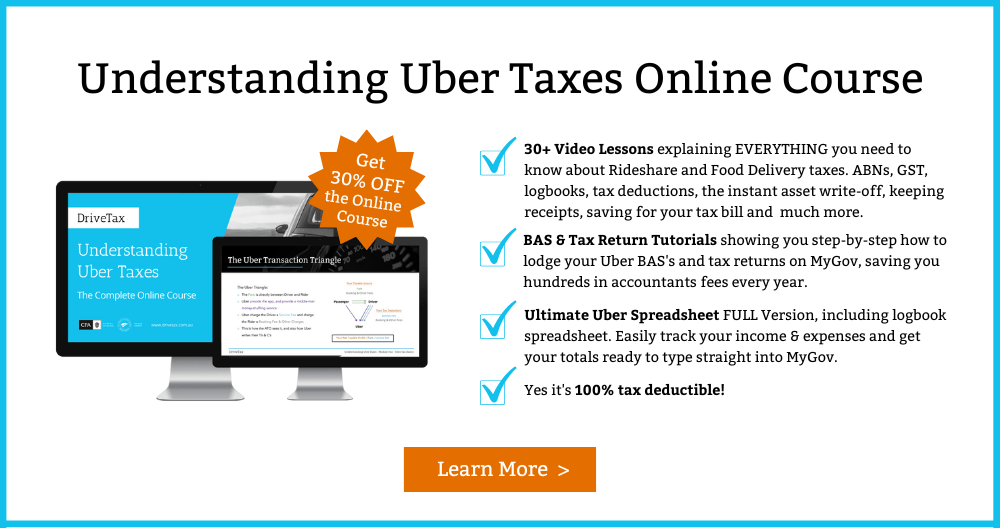
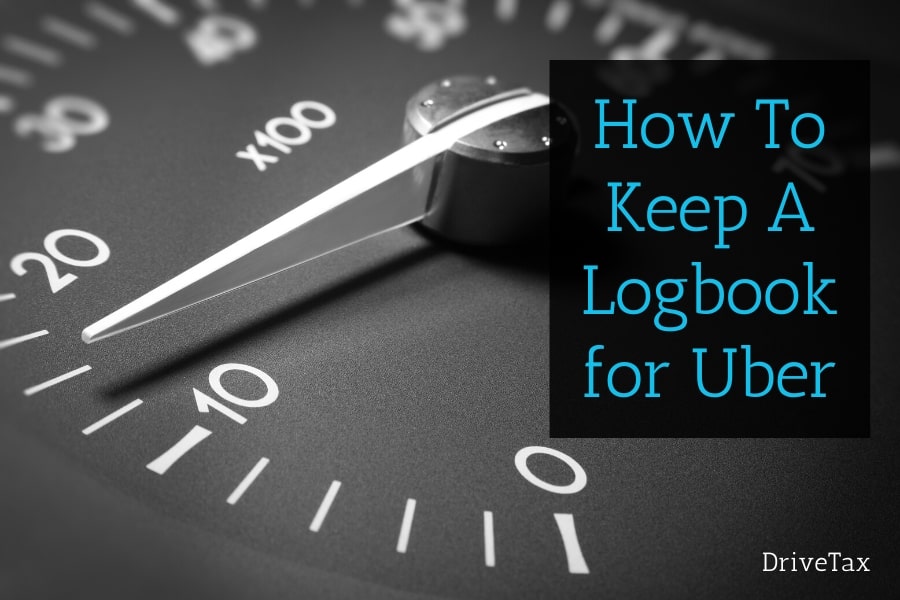
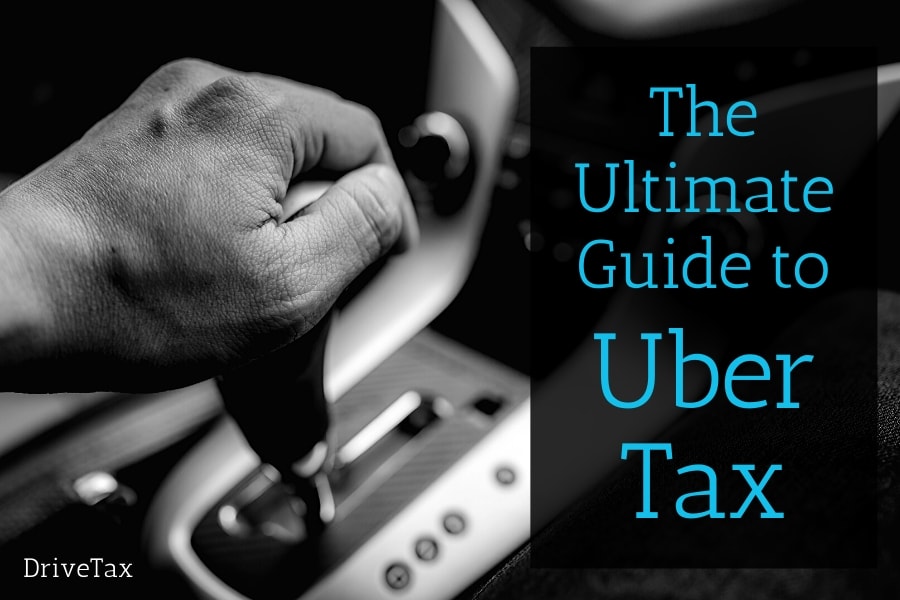

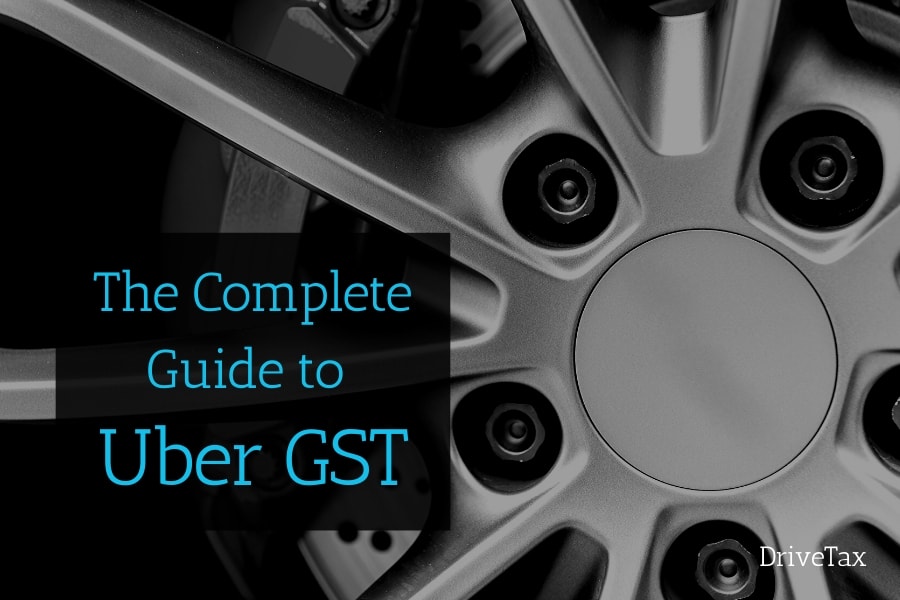
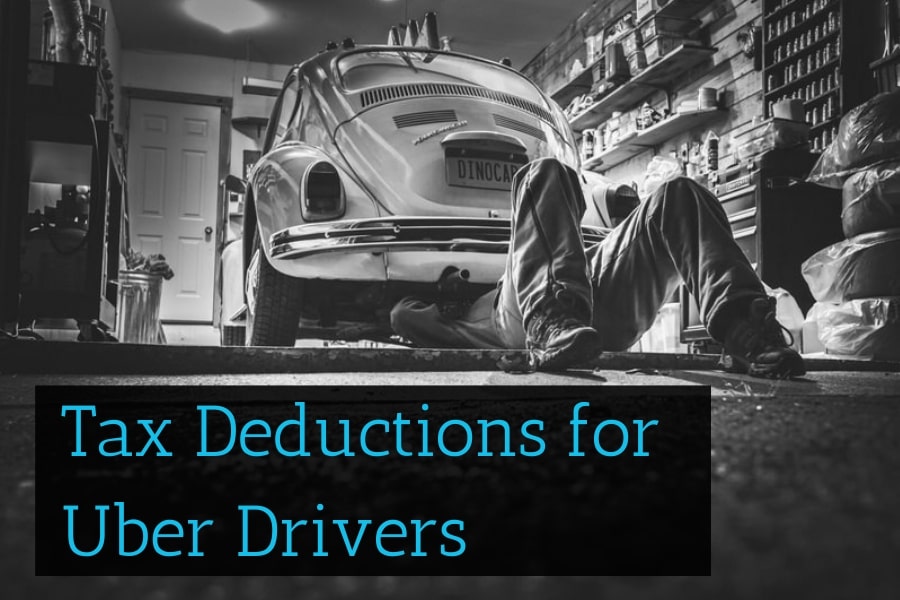
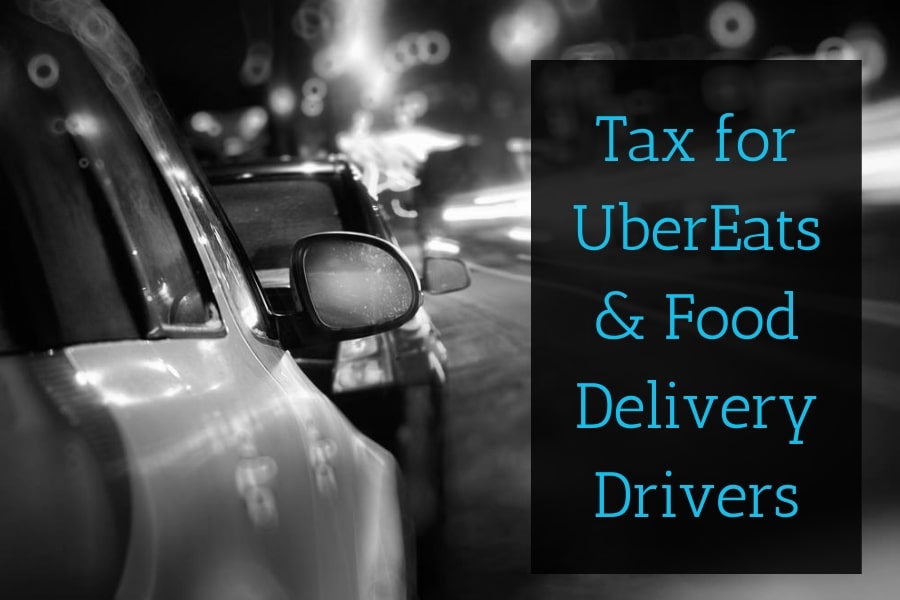
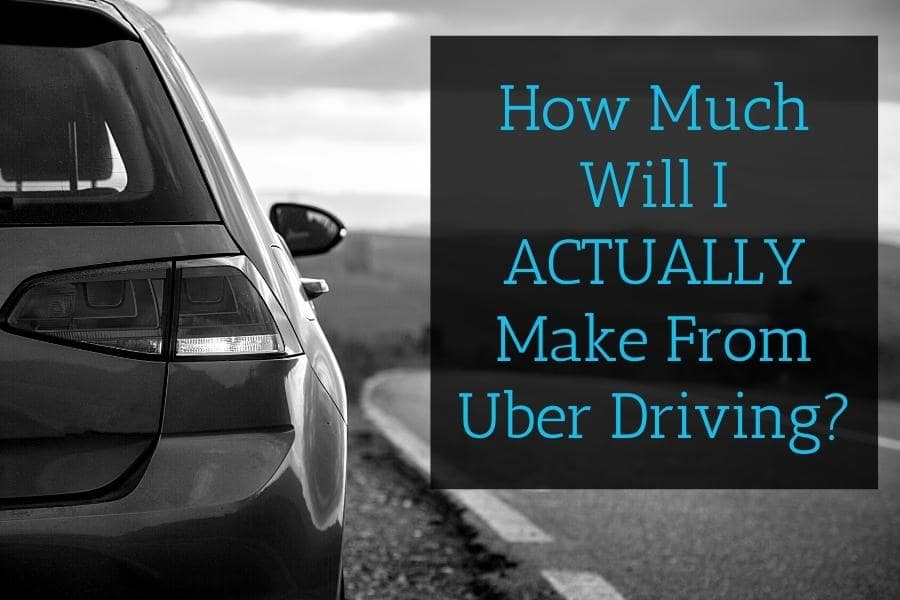
Leave A Comment